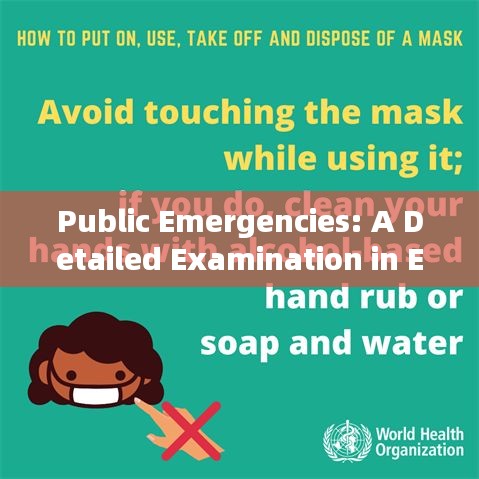Public emergencies, also known as public突发事件, are unforeseen occurrences that pose a significant threat to the public's safety, health, and well-being. These events often result in significant damage to property and pose a challenge to the authorities responsible for their management. In English, the term "public emergencies" is commonly used to describe such situations, which are typically classified based on their nature, severity, and impact on society.
The nature of public emergencies can range from natural disasters like earthquakes, floods, and hurricanes to technological disasters, accidents, and even acts of terrorism. In recent years, the world has witnessed several high-profile public emergencies that have caused significant damage and disruption, highlighting the need for effective response mechanisms.
When a public emergency occurs, it is crucial for authorities to quickly assess the situation and implement appropriate response measures. This often involves coordinating efforts between different government departments, emergency response agencies, and non-governmental organizations. The speed and efficiency of the response are crucial in minimizing the impact of the event and preventing further loss of life and property.
In English, there is a rich vocabulary and terminology related to public emergencies that are used by professionals in various fields. For instance, "emergency management" refers to the process of planning, coordinating, and executing activities related to the response to emergencies. Other terms like "crisis management," "emergency response," and "disaster relief" are also commonly used to describe the various aspects of dealing with public emergencies.
The importance of public emergency management is increasingly being recognized across the globe. Many countries have established dedicated agencies and departments to handle emergencies, focusing on prevention, preparedness, response, and recovery efforts. There is also a growing emphasis on community engagement and participation in emergency management, as communities play a crucial role in preventing and mitigating the impact of emergencies.
Moreover, with the advent of technology and social media, the dissemination of information during public emergencies has become more critical than ever. In English, terms like "emergency communication" and "crisis information management" have gained prominence, referring to the process of quickly and effectively communicating vital information to the public during emergencies.
In conclusion, public emergencies pose a significant challenge to societies worldwide. It is crucial for authorities to be prepared and equipped to handle these situations efficiently. The use of appropriate terminology in English helps professionals in various fields communicate effectively and coordinate efforts to minimize the impact of these events. As the world continues to face new challenges related to public emergencies, it is important to remain vigilant and prepared, focusing on prevention, mitigation, response, and recovery efforts.













 蜀ICP备2022005971号-1
蜀ICP备2022005971号-1
还没有评论,来说两句吧...